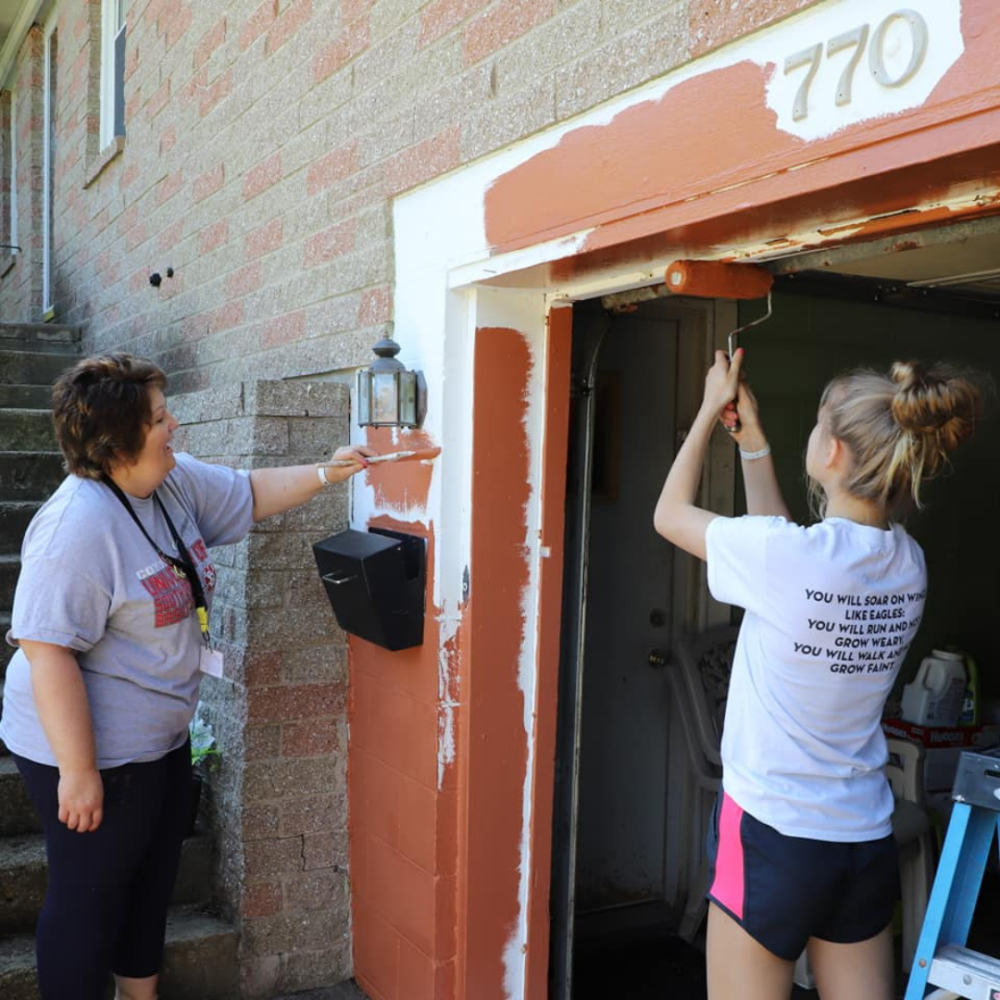by: Irene Kraegel, PsyD, TheMindfulChristian.com
It’s an anxious age. Between the rising flood of negativity, people spending decreasing amounts of time with one another, and institutions (such as churches) losing credibility, it’s getting harder for people to feel belonging anywhere. Loneliness looms large for many, and these challenges are especially impactful on young people.
Scripture tells us, “do not be anxious” (Philippians 4:6), so how can ministry leaders help anxious students and families during these times? Here are some places to start:
- Expect stress – it’s normal! Our flight/flight/freeze response is a God-given alarm system to keep us safe. Normalizing this and reducing “stress about stress” keeps us from escalating anxiety, and we can trust that the God-given relaxation response will kick in (as it always does) to calm us down.
- Create calm spaces as you facilitate interpersonal connection. Be aware of the power of music, lighting, and colors to calm our mood. Choose words that validate students’ fluctuating emotions (“it’s okay”) while highlighting God’s constant care for them (“God is here”). Support young people in setting limits around their consumption of media and in cultivating positive, in-person connections with one another.
- Incorporate mentally healthy practices into your programming. When you provide opportunities for quiet meditation, gratitude journaling, receiving (and giving) compassion, physical movement, and other self-care practices within a Christian framework, you are teaching students to honor and care for themselves as God’s precious creation.
Perhaps most importantly, be an example. Remember how often Jesus left the crowds for silent prayer, verbalized gratitude to his Father, expressed compassion, and even met his physical needs? These are all effective, God-given ways to manage anxiety and other uncomfortable emotions. As you care for your own mind and body, you serve as an encouragement for others to do the same.


